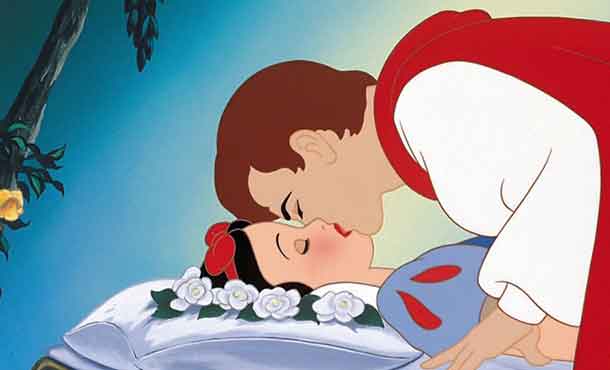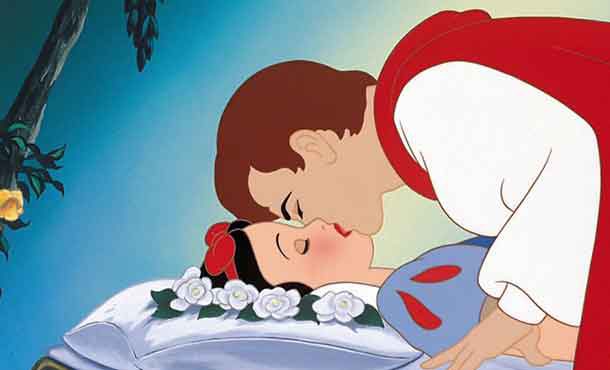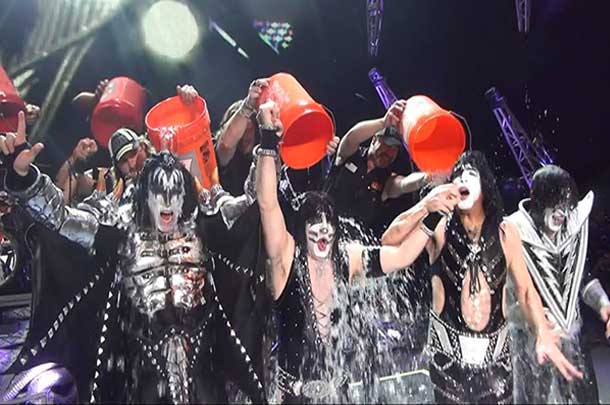Fairy tales impart pro-social values and are full of lessons for the young. We do our children no favours when we read lust and sexual assault into them
By Gerry Bowler
Senior Fellow
Frontier Centre for Public Policy
WINNIPEG – OPINION- In Casablanca, the greatest movie ever made, Dooley Wilson (as Sam) sings: “You must remember this/ A kiss is just a kiss/ A sigh is just a sigh.”
Sarah Hall of North Shields, England, would disagree. For her, a kiss, such as that bestowed by the handsome prince on Sleeping Beauty, teaches impressionable youngsters that nonconsensual sexual contact is socially acceptable.
She protested the use of this story in her child’s school. She would, in fact, like the fairy tale to be kept away from young children. Instead, she says, it should be used as a “great resource” for older kids to have a conversation about consent “and how the Princess might feel.”
Considering that the Princess wouldn’t feel anything if the Prince just stood there asking permission from her unconscious form, Hall’s plan for educational reform seems particularly inane.
Hall has taken a lot of flak from those who think she’s dealing in trivialities by criticizing a children’s story. But she’s correct in thinking that fairy tales play an important role in the way that we raise children – they impart pro-social values and are full of lessons for the young. However, her take on Sleeping Beauty is sadly awry.
Sleeping Beauty is cursed because her parents forgot to invite someone to her christening. What the story really teaches is the value of social obligations and the power of redemptive love.
Cinderella doesn’t tell us that the correct way to identify a future mate is through shoe size. It teaches us that life can surprise wonderfully and that oppressive circumstance need not last forever.
The legend of Snow White, where salvation is also brought by a kiss that dislodges a piece of poisoned apple, is not a tale about a young woman living in dubious circumstances with seven miners. It’s a warning against vanity and jealousy.
Hall has absorbed the hyper-sexualization of today’s society and sees libidinous behaviour where there is none.
In fact, a kiss can mean many more things than sexual contact.
Jesus was betrayed by Judas, who told the arresting officers that he would identify his master and friend with a kiss. Europeans and Middle Easterners greet each other with pecks on the cheek. Air kisses are the norm at fashionable New York soirées. Suave Romeos show off their charm by kissing the hands of their sweethearts. Christian church rites often include the Kiss of Peace. And mothers comfort wailing children by “kissing it better.”
In the British constitutional monarchy, the sovereign signals the choice of the future prime minister by issuing “an invitation to kiss hands” at Buckingham Palace.
The kiss at the end of a wedding denotes a rite of passage where the bride and groom mark the formation of a new family unit.
A kiss from a Mafioso may mean that a bullet in the head is not far off.
So the touch of lips can symbolize affection, social status, loyalty, a truce, danger or, as in the case of Sleeping Beauty, the arrival of a rescuer.
We do our children no favours when we read lust and sexual assault into their stories and retroject the social anxieties of today into kids’ literature.
There is real peril out there but it doesn’t come from the Brothers Grimm.
Gerry Bowler is a Winnipeg historian and a senior fellow at the Frontier Centre for Public Policy.
© 2017 Distributed by Troy Media
The views, opinions, and positions expressed by all columnists and contributors are the author’s alone. They do not inherently or expressly reflect the views, opinions and/or positions of NetNewsLedger.







